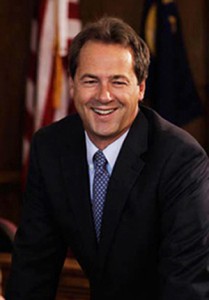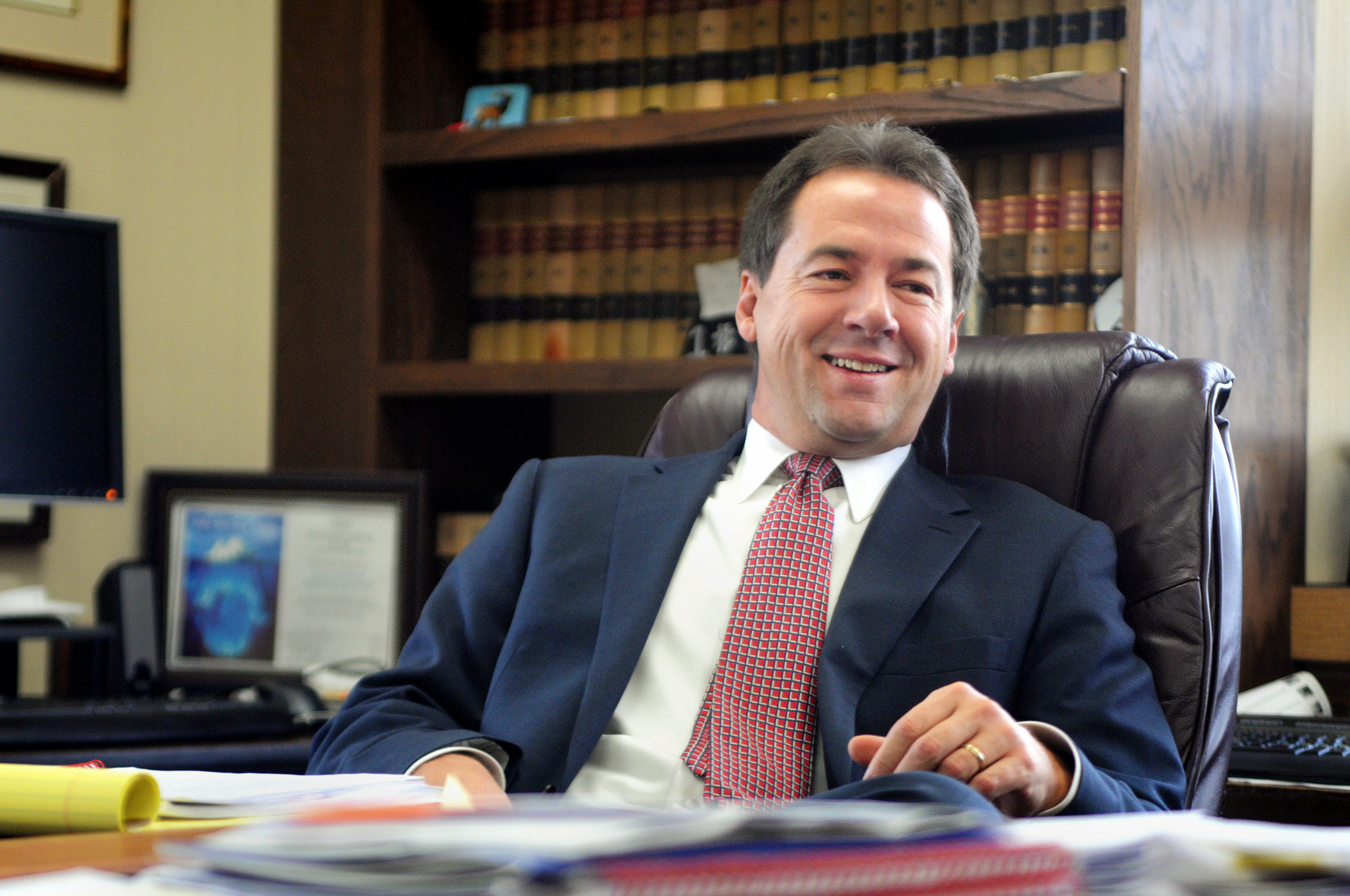
Washington, DC., March 12 – While nationally 111,804 jobs were gained by people with disabilities, 1,484 people with disabilities Montana exited the workforce last year. Montana now ranks 8th in the nation for employment rates of people with disabilities with 31,935 of the 69,553 working-age (18-64) Montanans with disabilities being employed. The newly published 2018 Annual Disability Statistics Compendium shows Montana has maintained a 45.9 percent disability employment rate.
Gov. Steve Bullock has highlighted his continuing commitment to his constituents with disabilities for the past several years. From ongoing efforts to strengthen “public schools instead of privatizing them” to reimagining programs “to better serve Montanans with disability in living the lives they choose and deserve,” Gov. Bullock has been a vocal and active supporter of the disability community.
In honor of Disability Employment Awareness Month this past October, Gov. Bullock’s released a proclamation renewing his state’s commitment to advancing opportunities for people with disabilities. “Welcoming the talents of all people, including people with disabilities, is a critical part of our efforts to build an inclusive community and stronger economy,” said Bullock in the proclamation. “This month, and every month, we celebrate the many and varied contributions people with disabilities have given to our state.”
Montana has achieved this through collaborative efforts with business owners and employers. At OMG Mongolian Grill in Butte, for example, “20 percent of the staff at the restaurant have a disability” and the restaurant owners “Tom and Kristi Cronnelly are encouraging other business owners to consider hiring those with disabilities.” Such stories bring Montana the noble honor of serving its working-age population of people with disabilities and hope that it will continue to trace a successful pattern for itself and other states, going forward.
“Our nation was founded on the principle that anyone who works hard should be able to get ahead in life,” said Hon. Steve Bartlett, current Chairman of RespectAbility, who co-authored the Americans with Disabilities Act when he was in Congress. “People with disabilities deserve the opportunity to earn an income and achieve independence, just like anyone else.”
A National Issue
Beyond Montana, how is the workforce changing for people with disabilities? What is driving these changes? The answer is simple. According to Vincenzo Piscopo of the Coca-Cola Company: “People with disabilities bring a unique skill set that it is very valuable for companies.” He went on to add, “As it relates to employment and competitiveness in the workplace, we have to stop thinking of disability as a liability and start thinking of it as an asset.”
Brand-name companies such as JP Morgan Chase, Coca-Cola, Ernst & Young, IBM, Walgreens, Starbucks, CVS and Microsoft show people with disabilities are successful employees. These companies also know that these workers improve the bottom line. “People with disabilities bring unique characteristics and talents to the workplace,” said RespectAbility President Jennifer Laszlo Mizrahi. “Hiring people with disabilities is win-win-win for employers, people with disabilities and consumers alike.”
As more companies hire employees with disabilities, conversations are shifting to focus on inclusion. “Disability inclusion is no longer about automatic doors, curb cuts, ramps, and legislation,” says Jim Sinocchi, Head of the Office of Disability Inclusion at JP Morgan Chase. “Today, the new era of disability inclusion is about “assimilation” – hiring professionals with disabilities into the robust culture of the firm.”
According to the Census Bureau, there are more than 56 million Americans living with a disability. Disabilities include visible conditions such as spinal cord injuries, visual impairments or hearing loss and invisible disabilities such as learning disabilities, mental health or Autism.
An Election Issue
Voter research, conducted by RespectAbility, shows how disability issues connect to all aspects of American life. “Fully three-quarters of likely voters either have a disability themselves or have a family member or a close friend with disabilities,” said former Representative and Dallas Mayor Steve Bartlett. “People with disabilities are politically active swing voters, and candidates should take note of the important issues they care about.”
As 2019 moves into 2020 and the political campaign season heats up, continuing job growth for people with disabilities will be a crucial indicator of the health of the American economy.

Be First to Comment